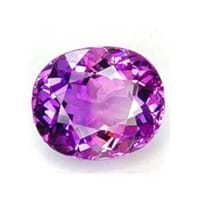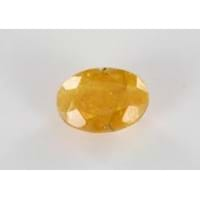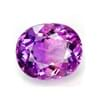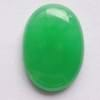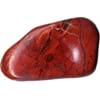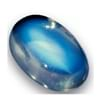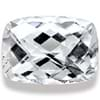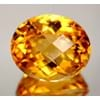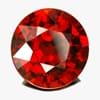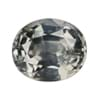Amethyst Vs Simpsonite
Origin
USA, Zambia, Madagascar, India, Sri Lanka, Russia, Australia, Widespread; main sources are Brazil, Uruguay, Bolivia, Argentina, East Africa, Namibia, Brazil
Australia
Color
Violet, White, Colorless, Blue, Red, Green, Yellow, pink
Colorless, White, Brownish, Yellow, Brown
For which Rashi?
Pisces, Scorpio, Sagittarius
Not Available
Planet
Not Available
Not Available
Element of Planets
Water
Not Available
Energy
Not Available
Not Available
Finger
Not Available
Not Available
Ring Metal
Not Available
Not Available
Deities
Diana
Not Available
Not to wear with
Not Available
Not Available
Powers
Love, Courage
Not Available
Planetary
Not Available
Not Available
Talisman
Not Available
Not Available
Tenacity
Not Available
Not Available
Solubility
insoluble in common solvents
Not Available
Durability
Not Available
Not Available
Specific Gravity
2.65
Not Available
Fracture
Conchoidal, ConchoidalWalter Schumann
Conchoidal
Cleavage
Indiscernible
None
Chemical Composition
SiO2
Al 4(Ta,Nb) 3(O,OH,F) 14Ulrich Henn and Claudio C.
Luster
Vitreous
Adamantine
Pleochroism
None
Not Available
Transparency
Transparent, Transparent to translucent
Not Available
Refractive Index
1.544-1.553
1.994-2.040
Optic Character
Not Available
Not Available
Crystal System
Trigonal
Not Available
Birefringence
0.009
0.046
Clarity
Transparent
Not Available
Neurological
Not Available
Not Available
Cardiovascular
Not Available
Not Available
Respiratory
Not Available
Not Available
Reproductive
Not Available
Not Available
Digestive
Not Available
Not Available
Psychology
Not Available
Not Available
Healing
Not Available
Not Available
Qualities Associated
Not Available
Not Available
Amethyst Vs Simpsonite Fracture
Fracture is an important parameter when you compare Amethyst and Simpsonite Physical Properties. It is necessary to understand the significance of these properties, before you compare Amethyst Vs Simpsonite fracture. Whenever a gemstone chip breaks, it leaves a characteristic line along its breakage. Such lines are known as fracture and are used to identify the gemstones in their initial stages of production when they are in the form of rough minerals. Fracture is usually described with the terms “fibrous” and “splintery” to denote a fracture that usually leaves elongated and sharp edges. Fracture observed in Amethyst is Conchoidal and ConchoidalWalter Schumann. Simpsonite fracture is Conchoidal.
Amethyst Vs Simpsonite Luster
A primary knowledge about Amethyst vs Simpsonite luster is useful in apparent identifications of these gemstones. Luster is the measure of light that gets reflected when incident on a finished cut gemstone. There are two major types of lusters: Silky and Adamantine. Since luster varies between two crystals of even the same gemstone, luster is limited to basic identification criteria. Amethyst exhibits Vitreous luster. Simpsonite, on other hand, exhibits Adamantine luster.
